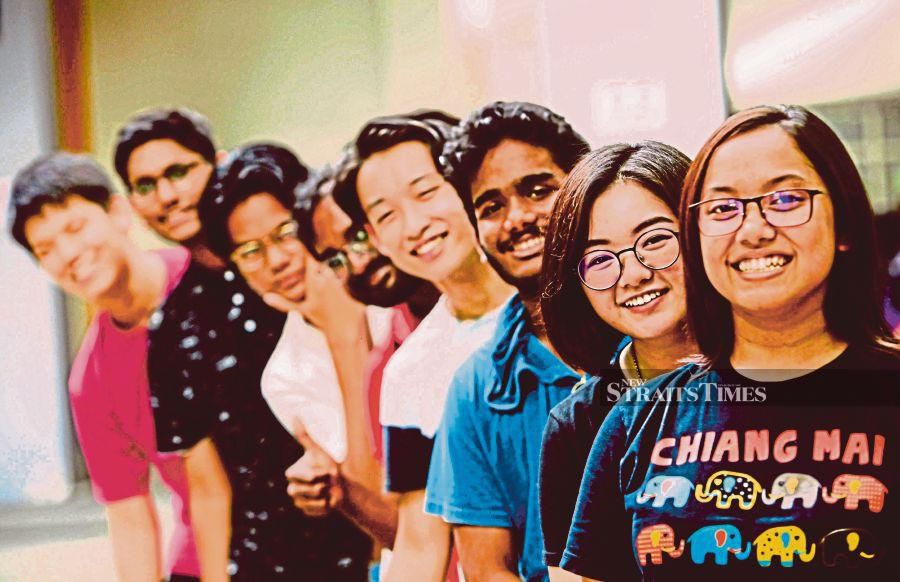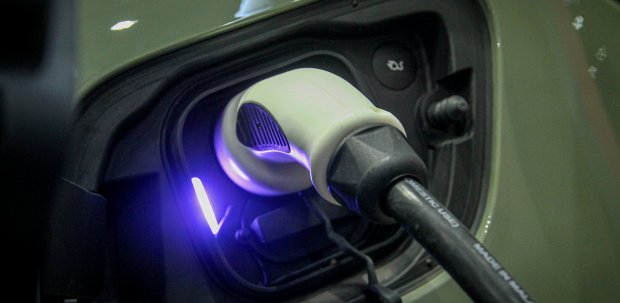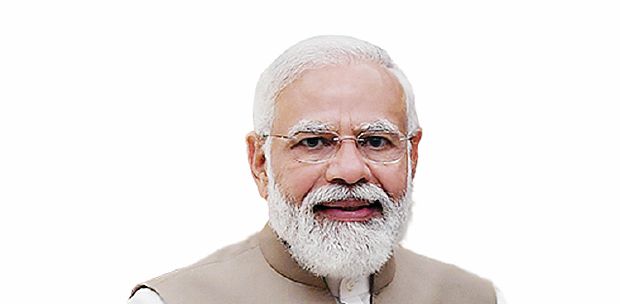The long-term success of a political party or coalition depends on its capacity to read the people's mood and key concerns and offer practical and cost-effective solutions.
I am wondering what political parties are planning to do to garner the trust of a particular group of citizens, the youths.
I am really interested to explore how the new generation, especially those enrolled in the last year of secondary school and those already working or just enrolled at universities.
The 2023 Budget, though considered an "electoral" document by the ruling coalition, proposes some interesting ideas. For example, no matter who wins the election, those ideas could be enhanced.
I am referring especially to the Graduate Entrepreneur Programme that will support graduates venturing into entrepre-neurship or the Social Enterprise Funding Scheme or Young Entrepreneur Fund 2.0.
Important measures are also found under "Carbon Neutral Commitment 2050" that lists out a potential pathway for a sustainable future for Malaysia. Yet, we need a comprehensive plan that is able to bring together future-oriented propositions that can really be promoted keeping in mind the youths of the nation.
Such ideas could focus on certain macro areas, dimensions of policymaking that not only directly affect but also directly engage youths. Measures that can make public education more effective, open and more accountable, something that, as we are learning these days, is so much in need.
Universities must be supported to raise standards through an innovative higher education challenge that would allow them to work out, in true partnerships with their students, innovative blueprints to make their plans and curricula more relevant and more impactful.
Moreover, universities should become hubs for the promotion and implementation of the Sustainable Development Goals and the 2030 Agenda.
Who better than students — and not just those at the higher education level — to bring to the ground and implement the Carbon Neutral Commitment 2050 that is going to be a bipartisan commitment that must be embraced by any future coalition?
Indeed, the Carbon Neutral Commitment 2050 can be the backbone of a crosscutting strategy that involves and engages students at all levels of the academic spectrum because even small children can play a role and be educated on the challenges humanity is facing.
Social entrepreneurship and social innovation should also be highlighted. Let's not forget that Malaysia recently introduced an ambitious blueprint on social entrepreneurship that can make the nation one of the most advanced social economies.
What the government recently launched is just an ambitious strategy, a very high-level document that proposes ideas, but also potentially leaves a lot of space in terms of implementation.
It is here that political manifestos should offer new, concrete ideas on how to bring forward the blueprint. The more details emerge in such policy documents — because after all, manifestos are about policies — the better prepared the political force will be in promoting social entrepreneurship and social innovation.
Yet, it is also true that lots of details can only be hammered out in partnership with the people. That's why it is essential that political manifestos show a commitment to working with and engaging youths, as well as include an approach on how to do so.
This should be the key philosophical and strategic approach to formulate effective and bottom-up policies that can not only solve youths' problems, but also harness their creativity, ingenuity and agency.
The new way of planning public policymaking must be transformative not only in its capacity to cover a vast array of vertical and sector issues, it must also be centred on a change-making method that empowers youths to have a voice, even a critical one, of the system.
A more open, inclusive, bottom-up policymaking process is not just about tokenistic measures to show that youths got involved. It is really about democratising the way the most consequential decisions are made.
This is what I define as an empowering decision-making process centred on youths. If parties are able to listen to and give power to the youths, then real change will happen in Malaysia.
The author writes on civic engagement, youth development, the SDGs, human rights and regional integration in the context of Asia Pacific
The views expressed in this article are the author's own and do not necessarily reflect those of the New Straits Times






